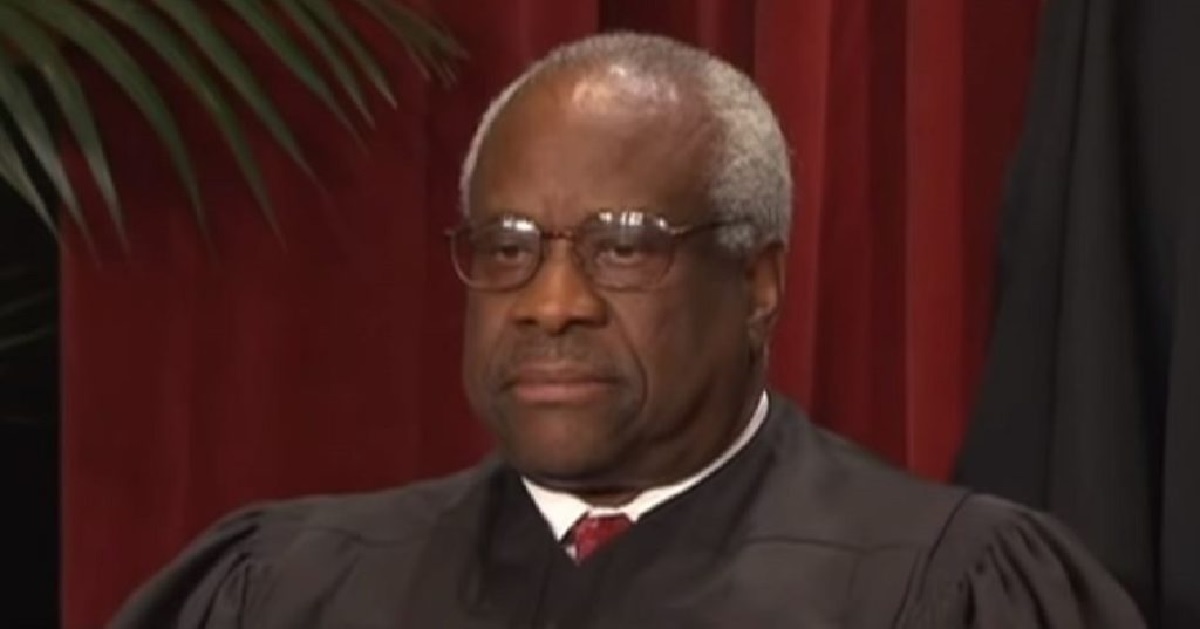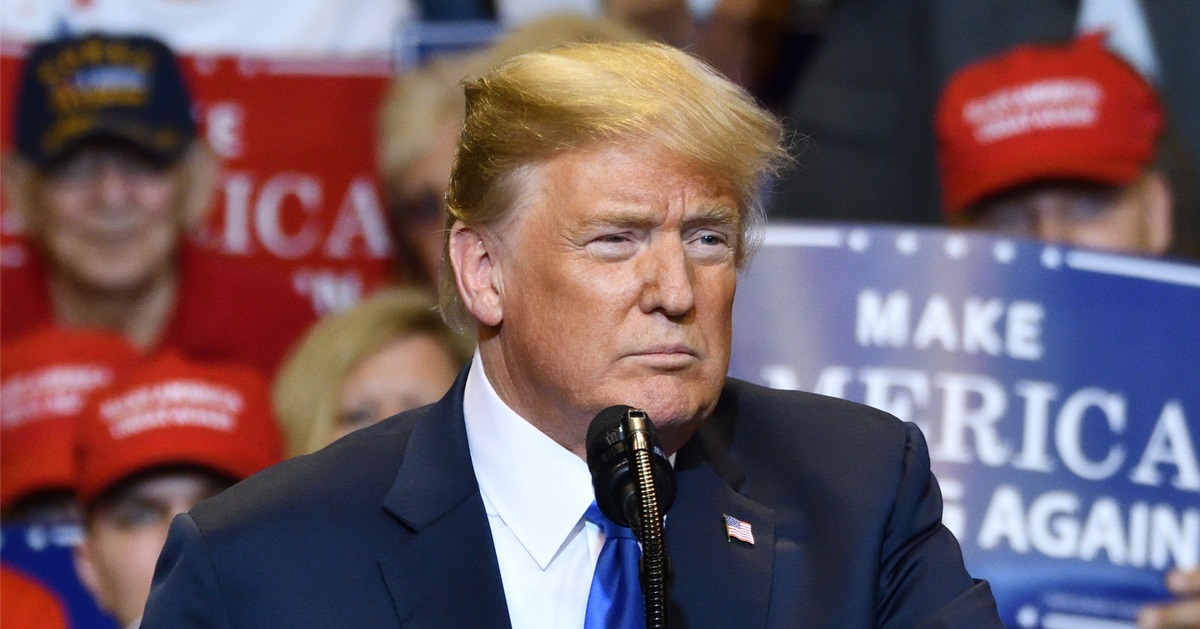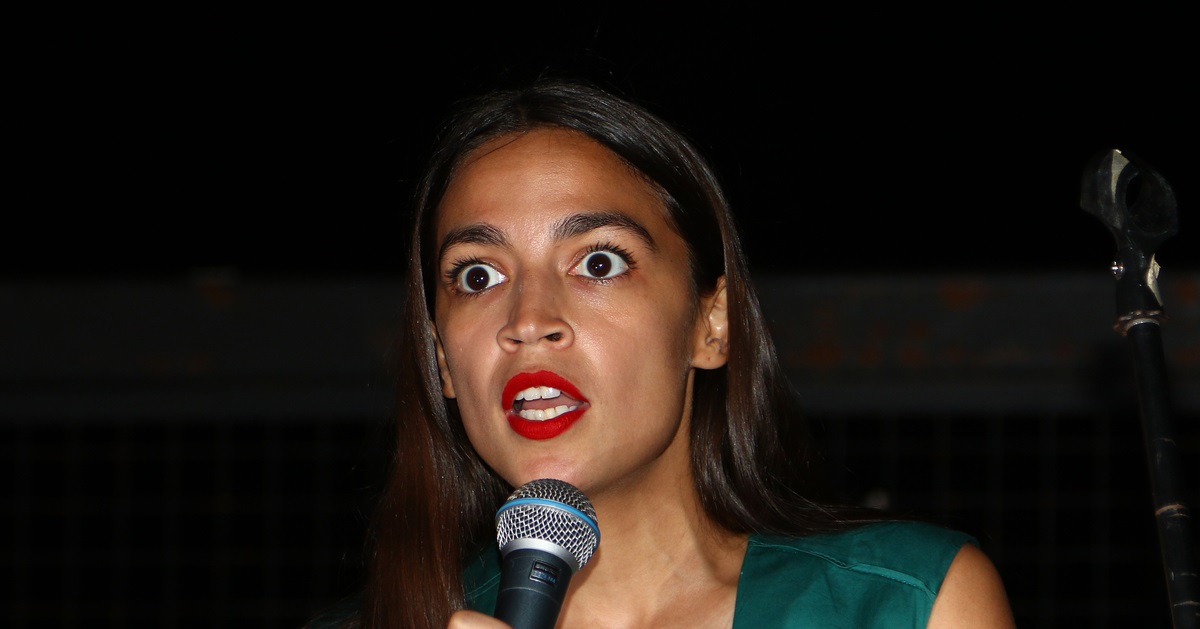Michael Cohen pursues long-shot petition for Supreme Court to revive dismissed lawsuit over alleged Trump 'retaliation'
Former President Donald Trump's former personal attorney and "fixer," Michael Cohen, has become one of the most vocal critics of his ex-boss and even filed a civil lawsuit claiming that Trump retaliated against him by sending him to solitary confinement in prison.
A federal district court and appellate panel have already dismissed Cohen's suit, but the disgraced and disbarred attorney is now pursuing an admitted long-shot effort to convince the U.S. Supreme Court to allow the lawsuit to proceed, NBC News reported.
Cohen insists his suit against Trump and others is necessary to serve as a deterrent against a lawless and rogue executive branch retaliating against critics, but it seems highly unlikely that the high court will decide to take up his appeal as one of the handful of petitions selected to be heard at the next private conference meeting later this week.
Cohen claims Trump had him sent back to prison to silence his criticisms
The Hill reported in July that Cohen filed a petition with the Supreme Court that asked the justices to revive his dismissed retaliation lawsuit against former President Trump, former Attorney General Bill Barr, and other members of the Trump administration.
Cohen had been sentenced to serve three years in prison in 2018 but was furloughed to home confinement during the early months of the 2020 pandemic, only to then be sent back to prison -- purportedly held in solitary confinement -- for more than two weeks after he reportedly refused to sign a waiver of his right to criticize the president as a condition of his release.
At the time, Cohen was promoting a tell-all book he wrote that was highly critical of Trump, and he accused Trump of ordering him back to prison to silence those critiques.
A federal judge subsequently ordered Cohen released from prison again and seemed to agree with the claim that the then-president and others had unconstitutionally retaliated against the incarcerated former attorney for exercising his First Amendment rights.
Cohen's lawsuit dismissed by district and appellate courts
Cohen then filed his civil lawsuit against former President Trump and others and alleged retaliation, but according to a CNN report in January, a district court judge ruled that Cohen had no right to pursue the claim under a mistaken interpretation of Supreme Court precedent in a case that allows limited lawsuits against federal officials.
A 2nd Circuit appellate panel upheld the district court's dismissal of the suit and further asserted that Cohen had already received the appropriate remedy -- the injunction from the judge that ordered his release -- and had no standing to pursue further damages.
Trump's attorneys also successfully argued to the appellate panel that Cohen had no evidence linking the president to the ordered return to prison for not agreeing to the conditions of his release and that any alleged connection was based solely on Cohen's "assumption."
Cohen's Supreme Court petition
Seemingly undeterred by the rejection of his suit seeking damages by the district court and appellate panel, Newsweek reported earlier this month that Cohen is now urging the Supreme Court to intervene and resurrect his dismissed claims against the former president and others.
Cohen's attorney, Jon-Michael Dougherty, said, "The issue is whether the government can revoke a prisoner's approved release to home confinement as punishment for his speech criticizing the president and to prevent further such speech."
"What this case is about is the balance between fundamental constitutional rights and Executive power," the lawyer wrote. "It asks whether the courts will provide a deterrent remedy when Executive power tramples those rights in ways that would have been unimaginable to every generation of American past and present. It is about the exercise of a type of power with which the Founders were well-acquainted and against which they fought a war for independence."
"It involves the sitting President personally and unlawfully intervening to hold a United States citizen in prison for criticizing him," Dougherty added, and warned of "a grave risk that a failure to deter that conduct" would serve to "chill the exercise of fundamental liberty."






